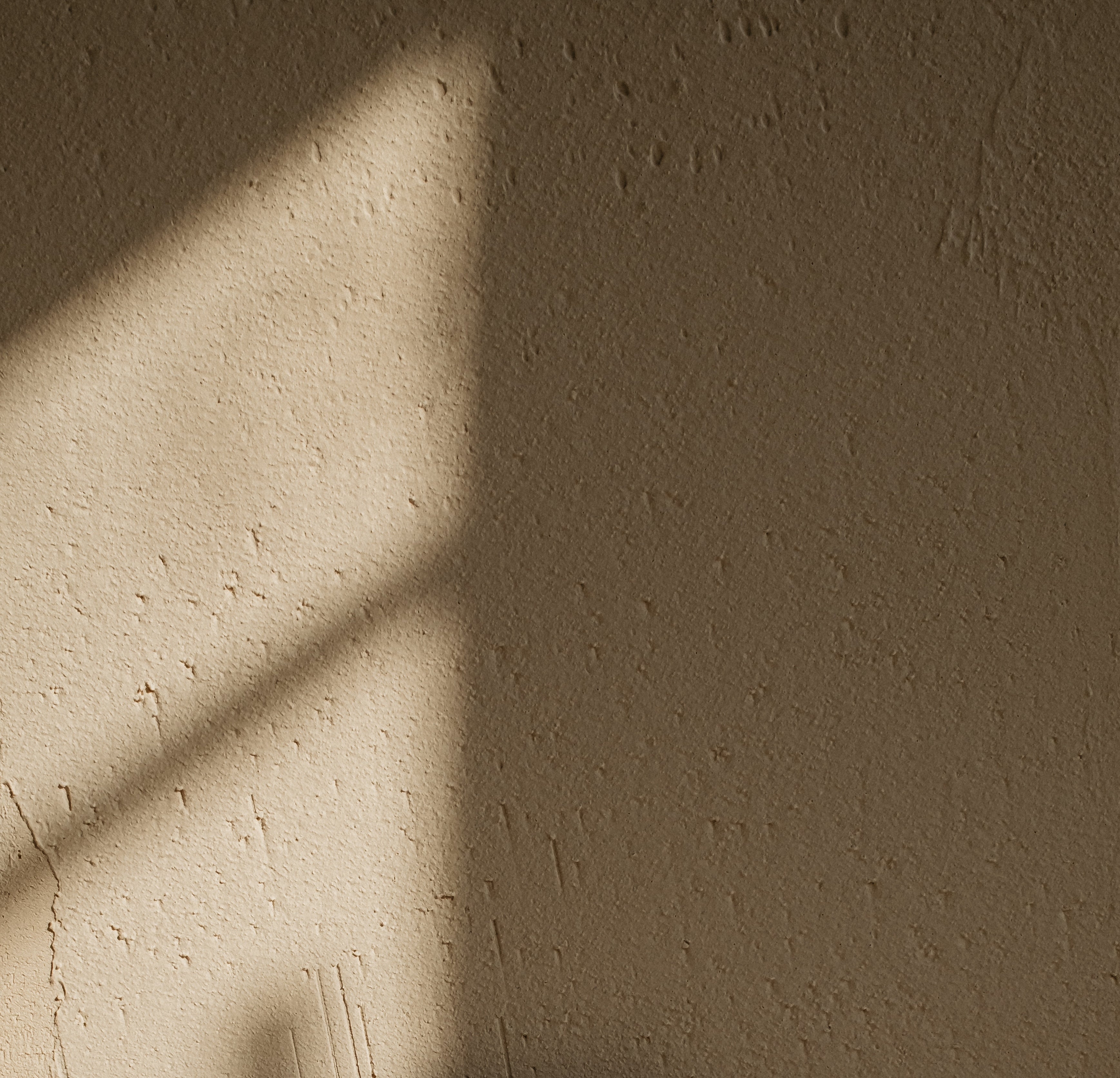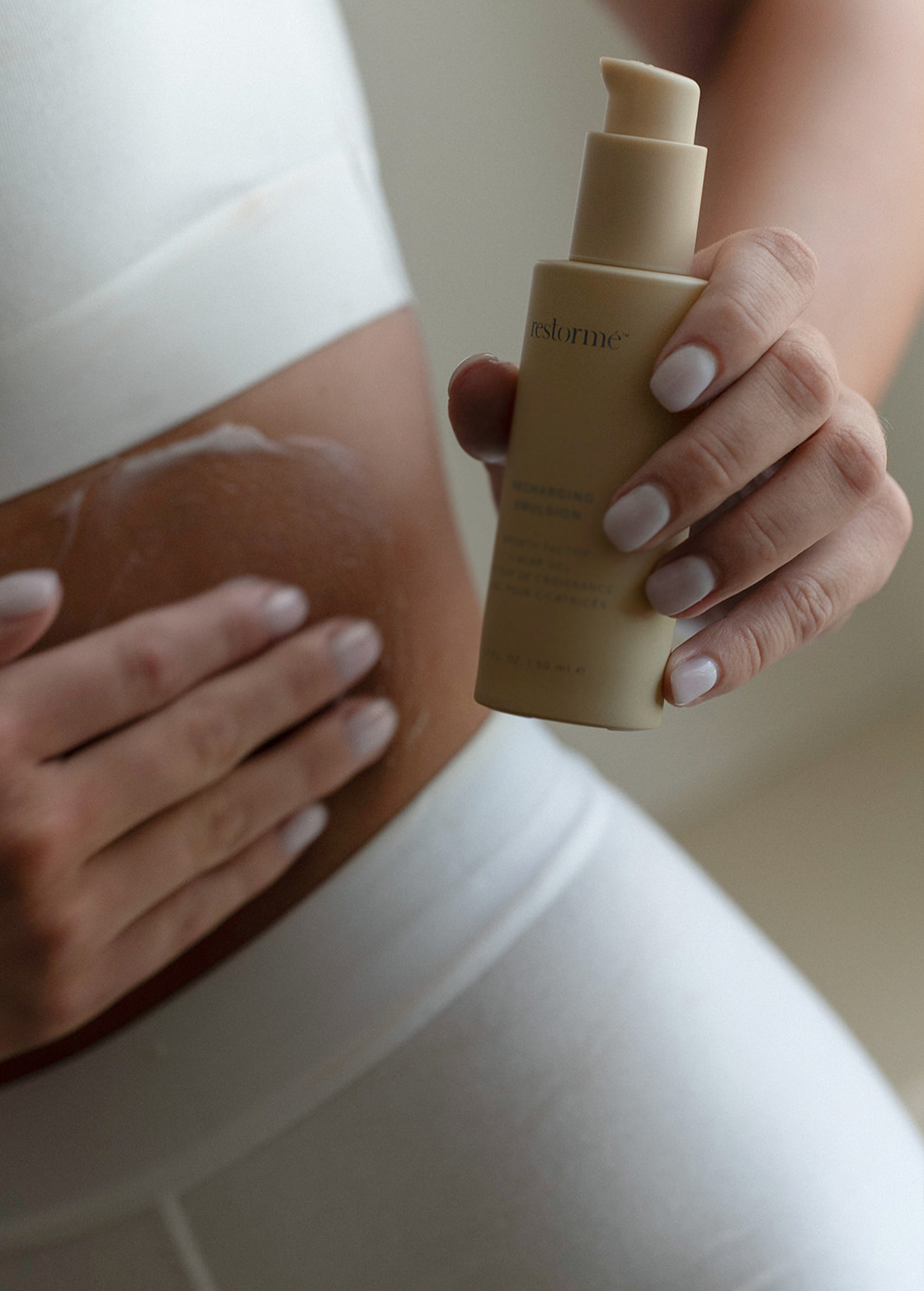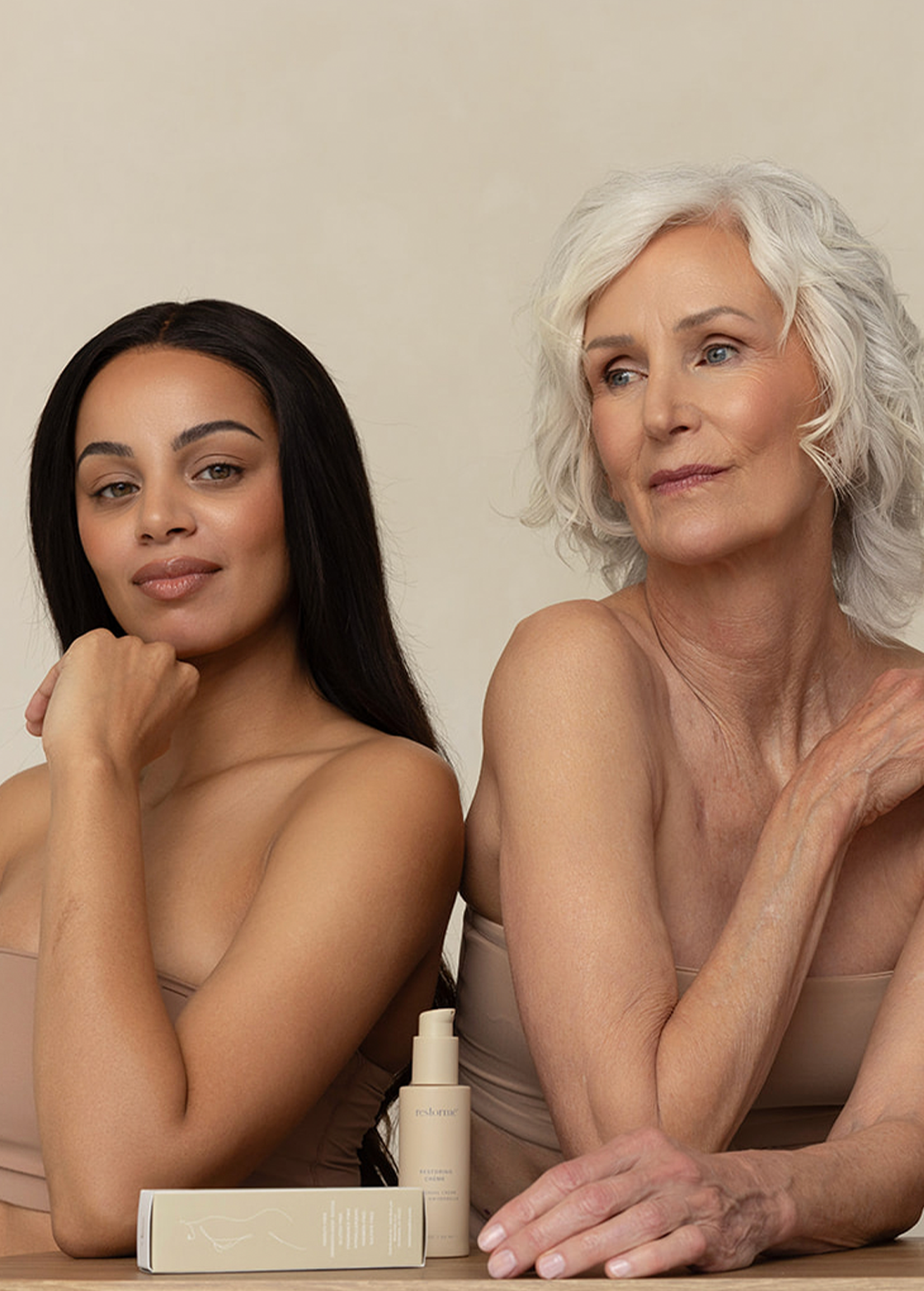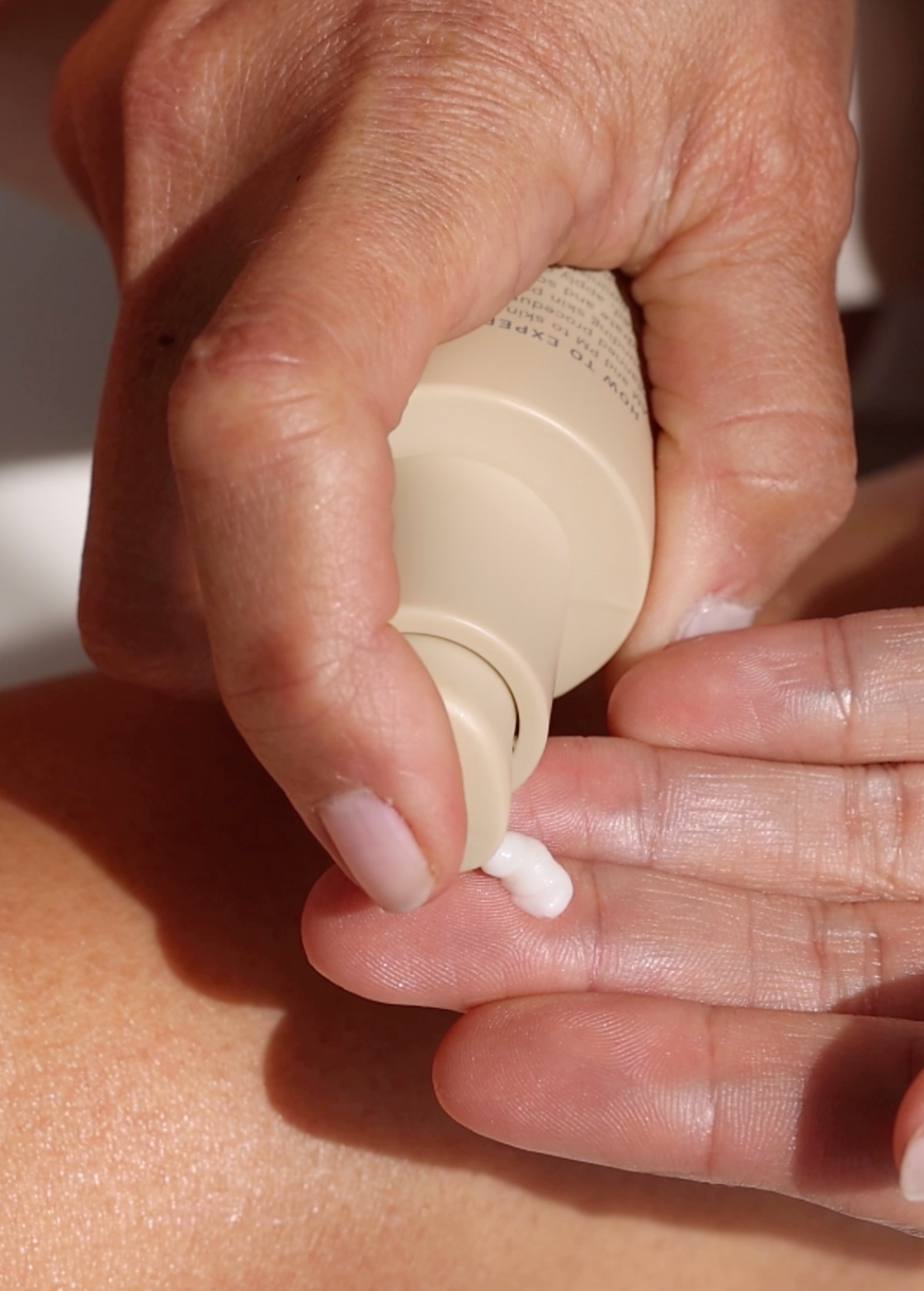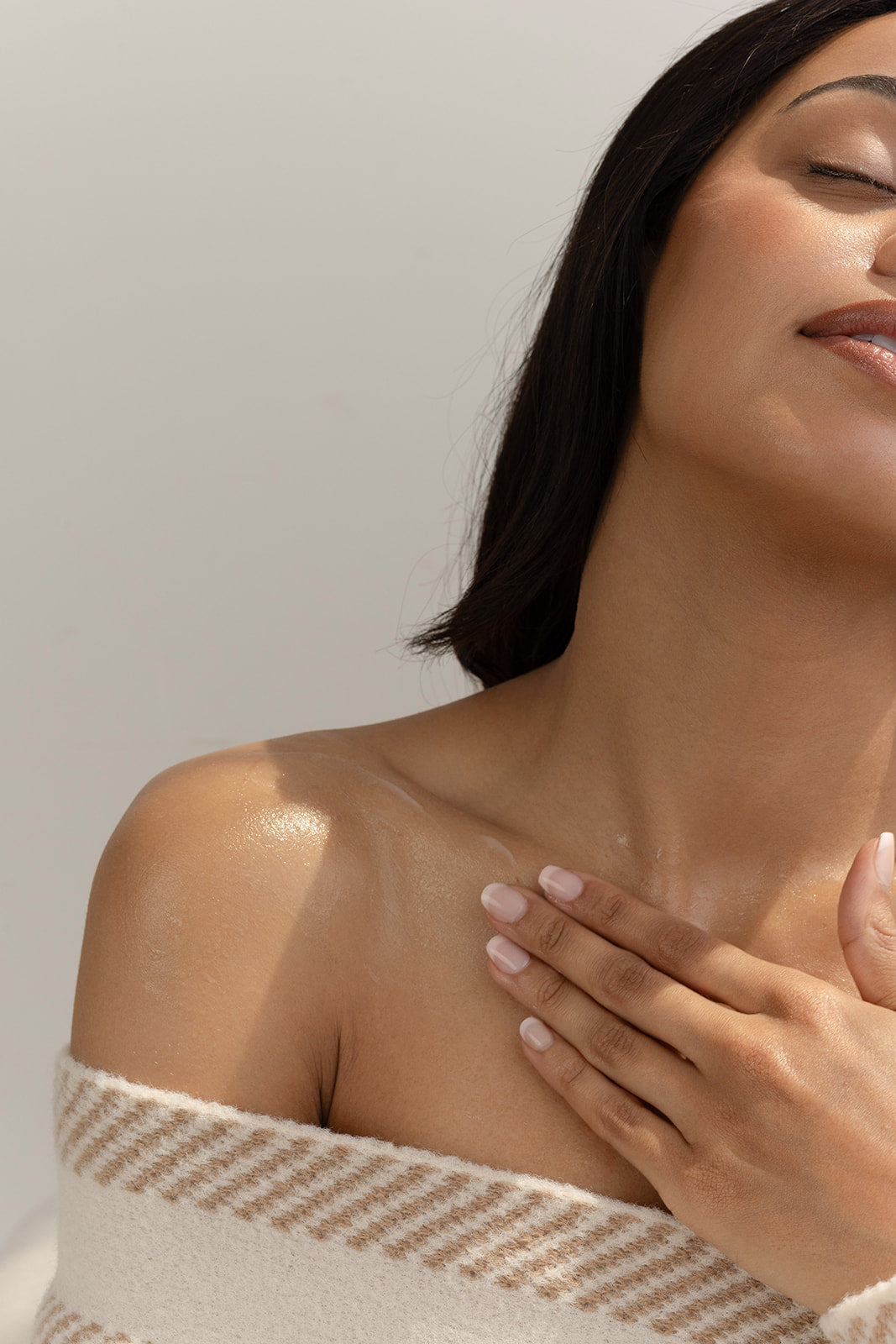When it comes to skin recovery—whether you’re healing from a medical procedure, injury, or aesthetic treatment—stress is one of the most overlooked factors that can significantly impact your progress. While your body focuses on repairing itself, chronic stress can slow down the process, leaving you frustrated and wondering why results are taking longer than expected.
In this blog, we’ll explore the connection between stress and skin healing, the science behind how stress affects recovery, and holistic strategies you can incorporate to promote faster and healthier healing.
How Stress Affects Skin Recovery: The Science Behind the Connection
Stress activates the body's "fight or flight" response, increasing cortisol levels and redirecting energy away from vital processes, including skin repair. Here’s how stress interferes with recovery:
- Slows Collagen Production: Collagen is essential for wound healing and scar improvement. High cortisol levels decrease collagen synthesis, delaying skin regeneration.
- Triggers Inflammation: Stress increases inflammatory responses in the body, which can worsen redness, swelling, and irritation around healing skin.
- Weakens the Immune System: A compromised immune system means your body is less equipped to fight infections or repair tissue effectively.
- Promotes Poor Sleep Patterns: Stress often disrupts sleep, and since skin repair accelerates during rest, lack of quality sleep can stall your progress.
Understanding these effects underscores the importance of managing stress for optimal recovery.
Holistic Strategies to Reduce Stress and Support Skin Healing
Now that we know how stress impacts skin recovery, here are some practical, stress-reducing tips to help your healing journey:
1. Practice Mindfulness and Meditation
Mindfulness techniques like deep breathing, meditation, or yoga help lower cortisol levels and reduce anxiety. Even 10 minutes a day can make a difference. Apps like Headspace or Calm are great tools to get started.
2. Prioritize Quality Sleep
Sleep is when your body performs essential repairs, including producing collagen and reducing inflammation. Aim for 7-9 hours of sleep nightly, and create a calming bedtime routine by limiting screen time, using aromatherapy, or practicing relaxation exercises.
3. Fuel Your Body with Nutrient-Rich Foods
Certain foods can support the healing process and reduce inflammation. Include:
- Vitamin C: Found in citrus fruits, berries, and leafy greens to boost collagen production.
- Omega-3 Fatty Acids: Found in fish, flaxseeds, and walnuts to reduce inflammation.
- Protein: Essential for tissue repair, found in lean meats, eggs, and legumes.
4. Stay Active with Gentle Movement
Light exercise such as walking or stretching increases blood circulation, delivering oxygen and nutrients to healing areas. Avoid high-intensity workouts until cleared by your doctor, but staying mobile can aid recovery.
A calm and supportive environment is essential for healing. Consider:
- Using soothing music or nature sounds to reduce stress.
- Keeping your surroundings clean and organized for mental clarity.
- Incorporating calming scents like lavender or chamomile through essential oils.
The Power of Stress Management in Skin Recovery
By managing stress through holistic approaches, you can significantly improve your skin recovery results. Combining mindfulness, proper nutrition, quality sleep, and gentle movement ensures your body is working at its best to heal.
If you’re recovering from a procedure or dealing with lingering skin concerns, incorporating these stress-reducing techniques alongside a trusted recovery skincare product, like Restormé Restoring Crème, can help maximize your healing potential.
FAQs: Stress and Skin Recovery
Q: Can stress really affect how quickly scars fade?
A: Yes! Stress can delay collagen production, which is crucial for scar healing, making the process longer.
Q: How soon should I start practicing stress management techniques post-procedure?
A: Ideally, start before your procedure to build a habit, but incorporating techniques like meditation or light yoga as soon as possible post-procedure is beneficial.
Q: Can skincare products help counteract the effects of stress?
A: Yes! Products with calming and reparative ingredients, such as those in the Restormé collection, can complement your recovery routine.
By tackling stress head-on and supporting your healing process with mindfulness and holistic wellness practices, you’ll give your skin the best chance to recover beautifully.
Ready to boost your recovery journey? Explore Restormé’s restorative skincare products designed to enhance healing and support scar care today!
restorative Healing, Results Driven.
By providing products, crafted with the finest ingredients and industry leading formulations, restormé elevates the recovery process and transforms it into a moment of self-care and rejuvenation.
Read more
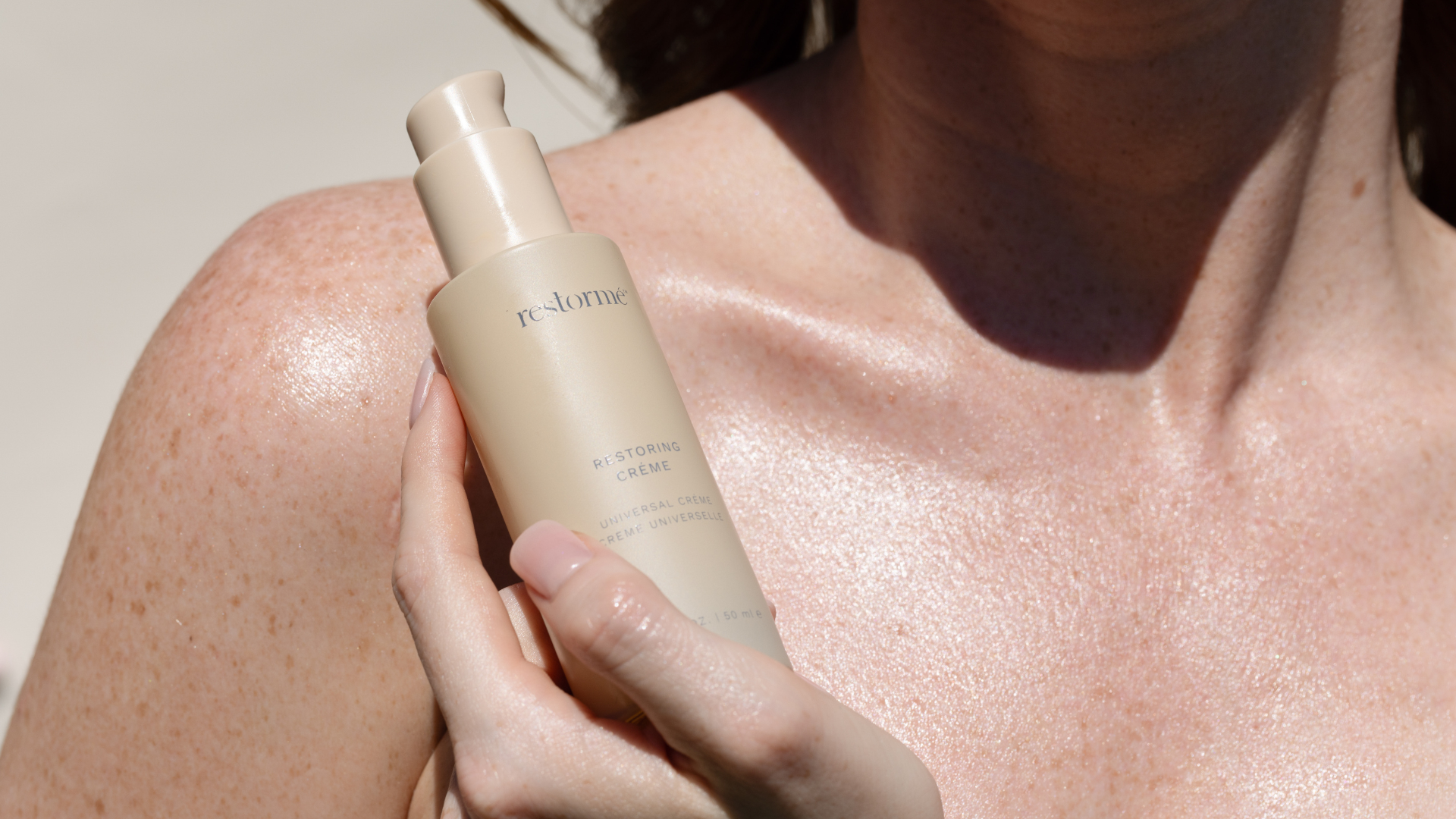
Healing scars is a process that requires care, patience, and understanding. Scars tell the remarkable story of your skin’s recovery, but many factors influence their visibility and how they heal. B...
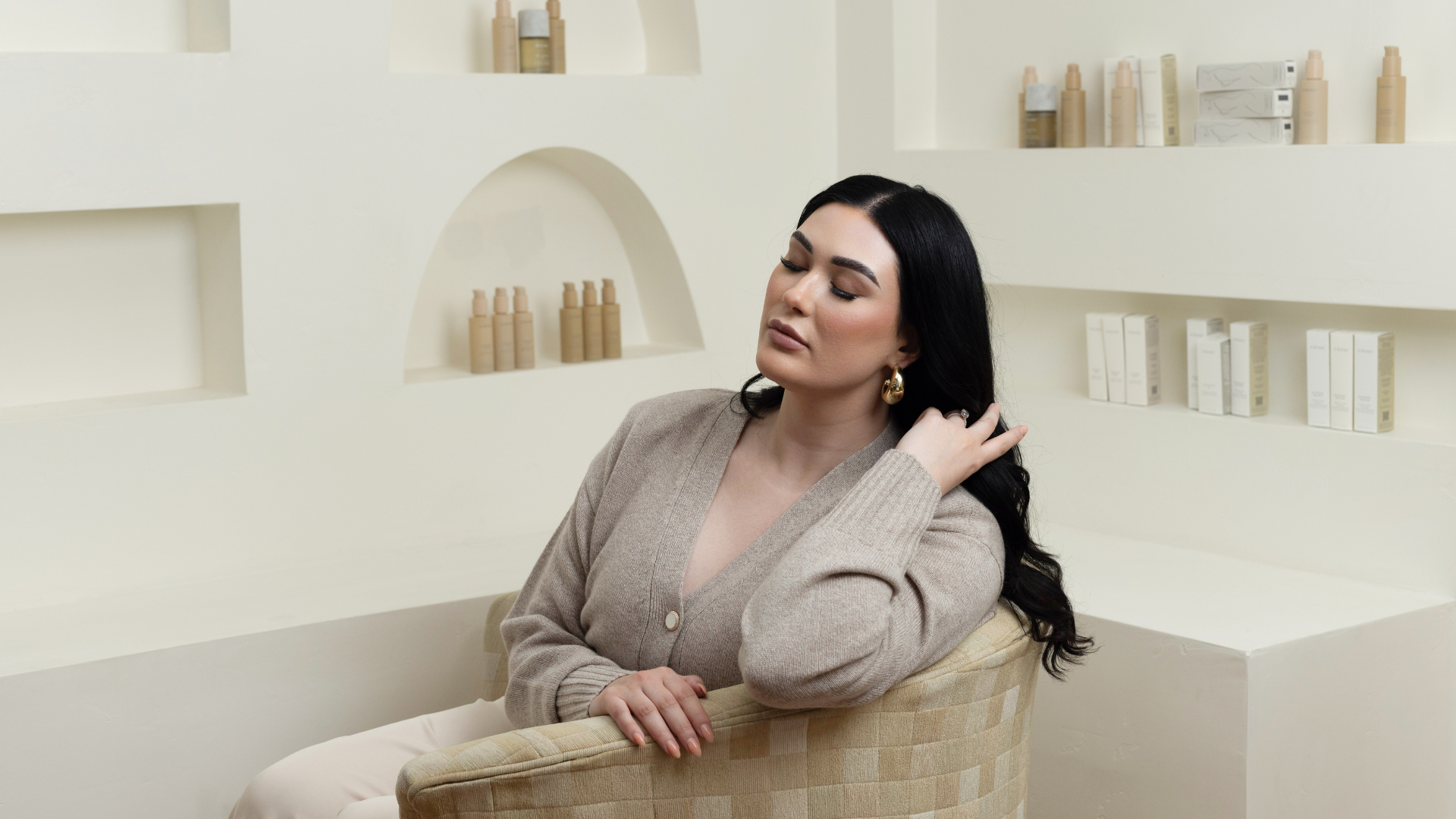
When it comes to recovery, healing starts from within. Whether you’re recovering from a medical procedure, healing scars, or simply looking to reduce inflammation and support your skin, nourishing ...
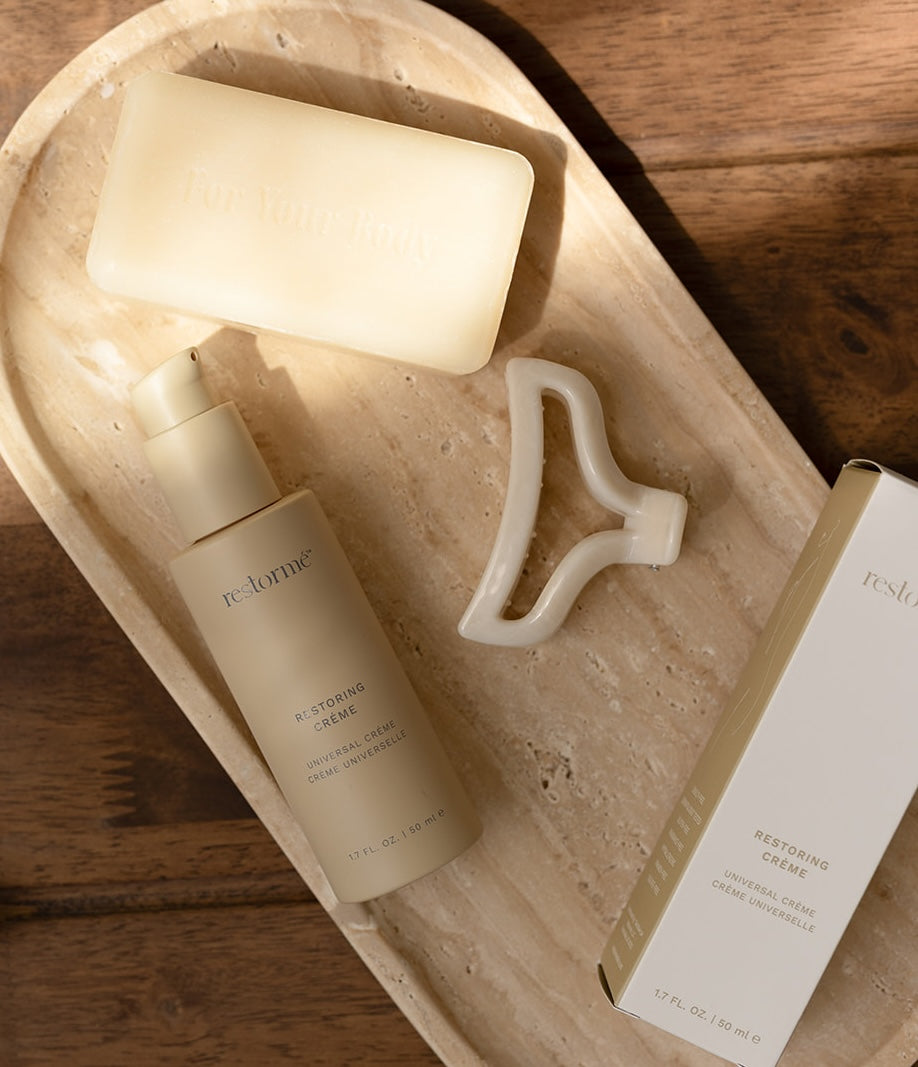
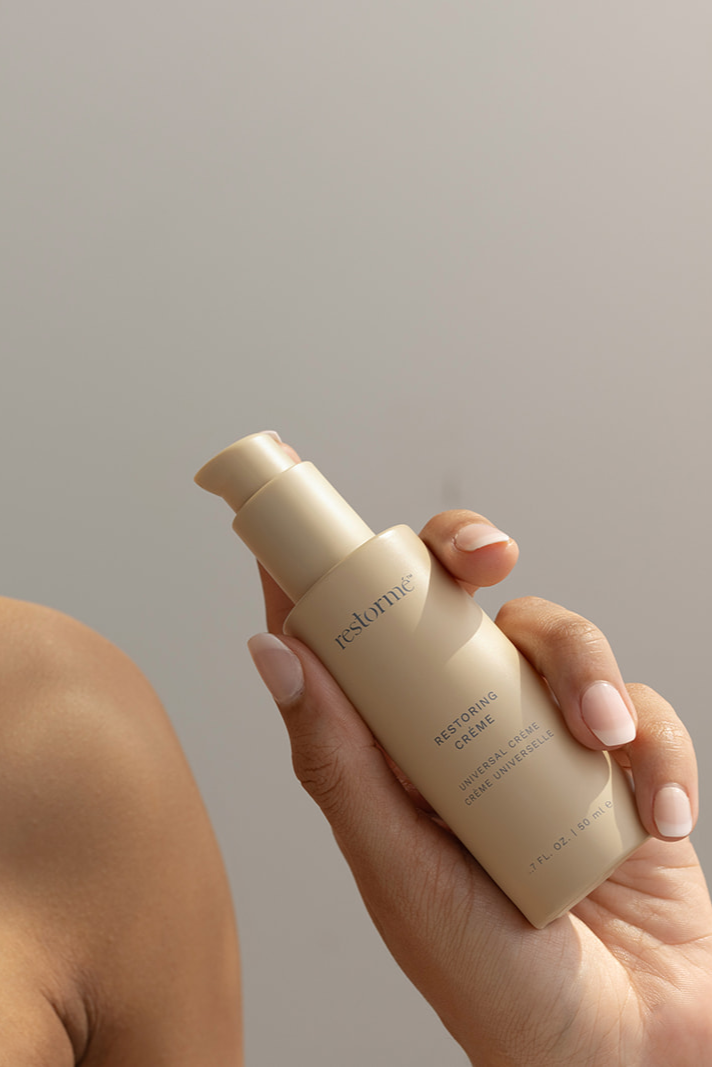
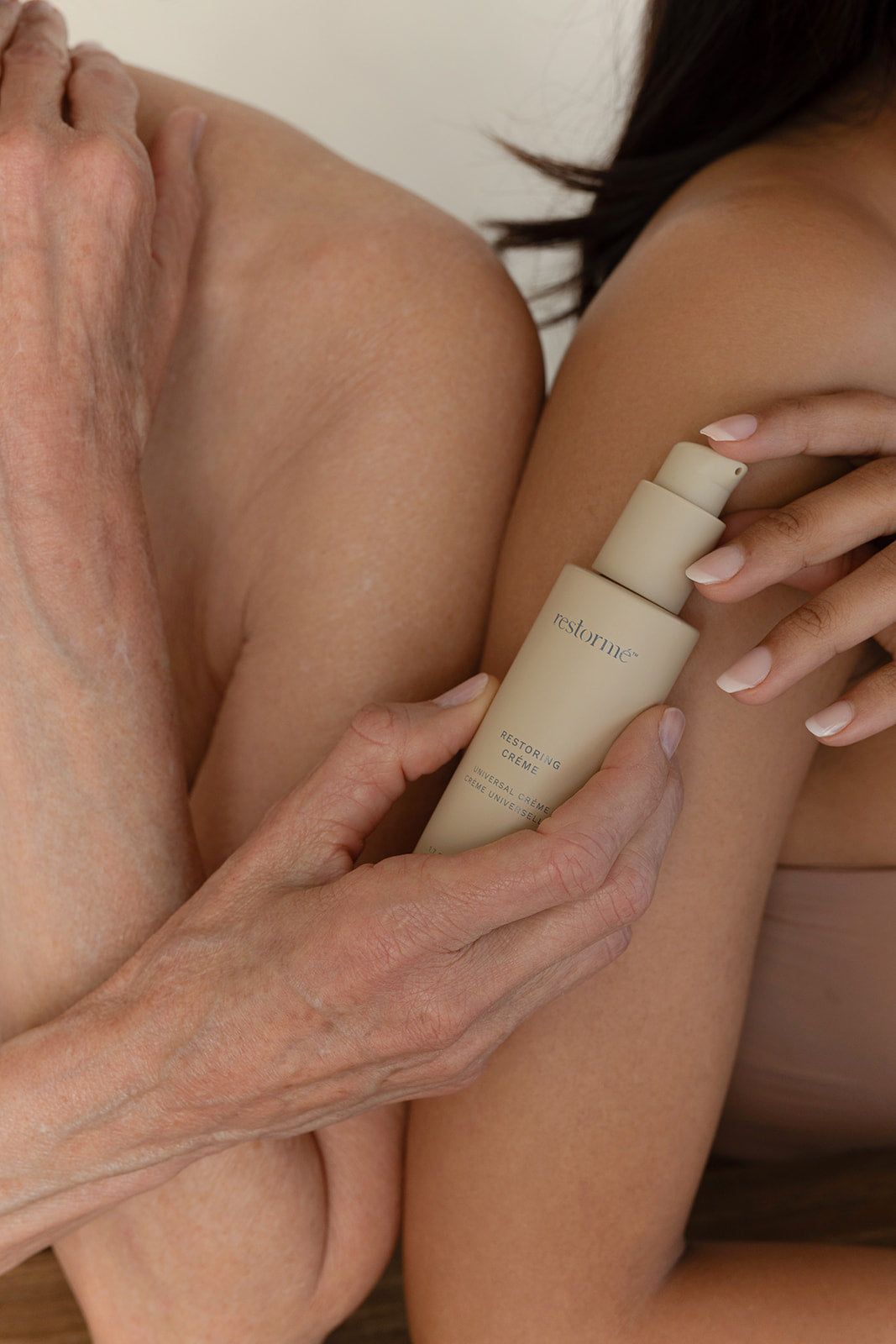
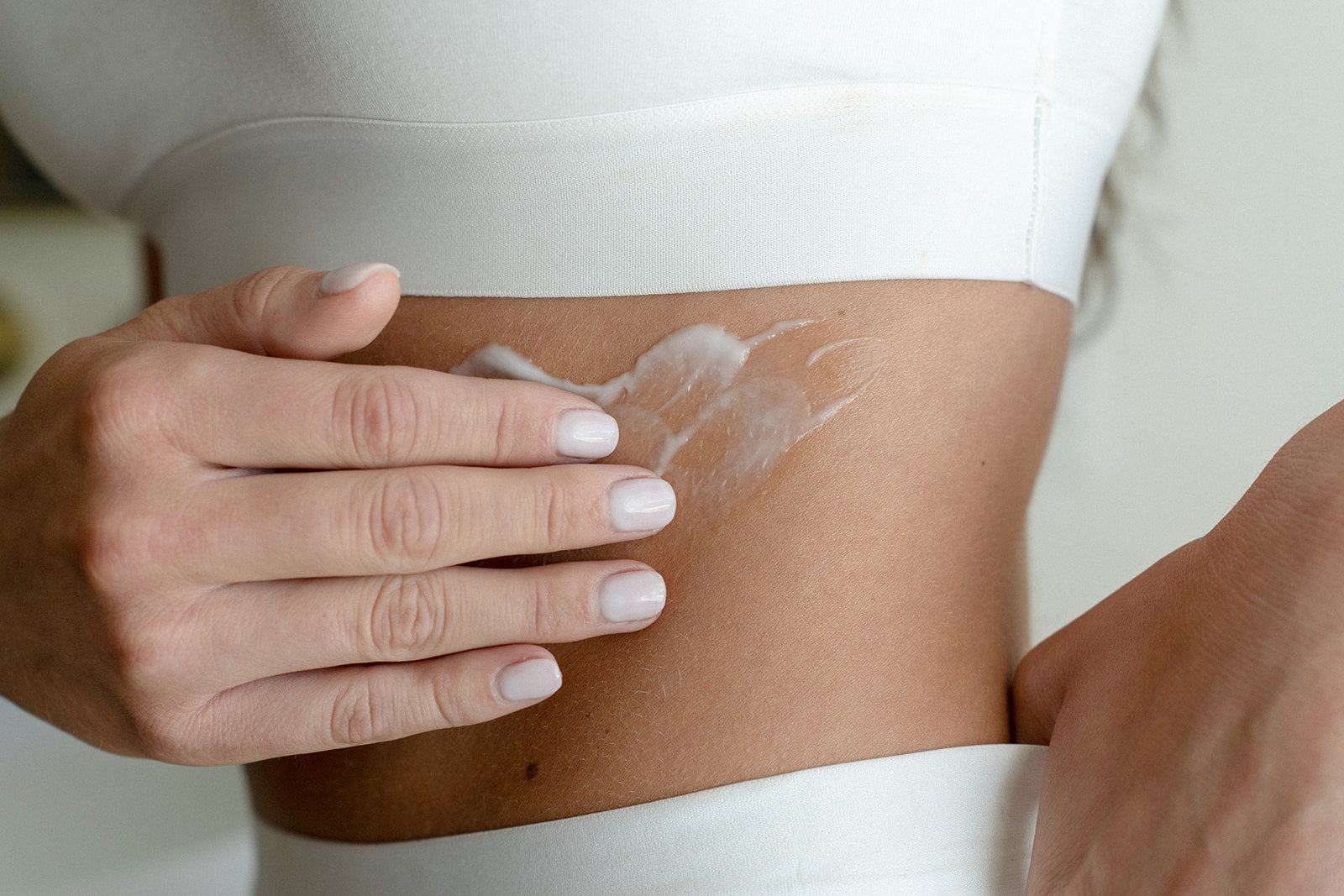
your recovery journey starts here
@restormeskin